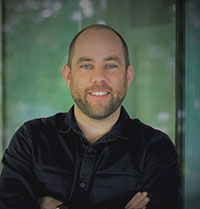 Colm O’Dwyer on doing, teaching, and sharing science in 2020
Colm O’Dwyer on doing, teaching, and sharing science in 2020
In our series, The ECS Community Adapts and Advances, University College Cork (UCC) Professor of Chemistry Colm O’Dwyer talks about how he, his students, and colleagues are managing research and coursework since Ireland shut down on March 11, 2020. Colm also directs the UCC Applied Nanoscience Group, focused on 3D battery printing, developing new sustainable battery materials, and real-time performance assessments using optics and photonics. Colm volunteers on the ECS Board of Directors, chairs the ECS Electronics and Photonics Division, and previously served on the ECS Interdisciplinary Science and Technology Subcommittee. Like many parents, he is homeschooling his young children while juggling other responsibilities. (more…)


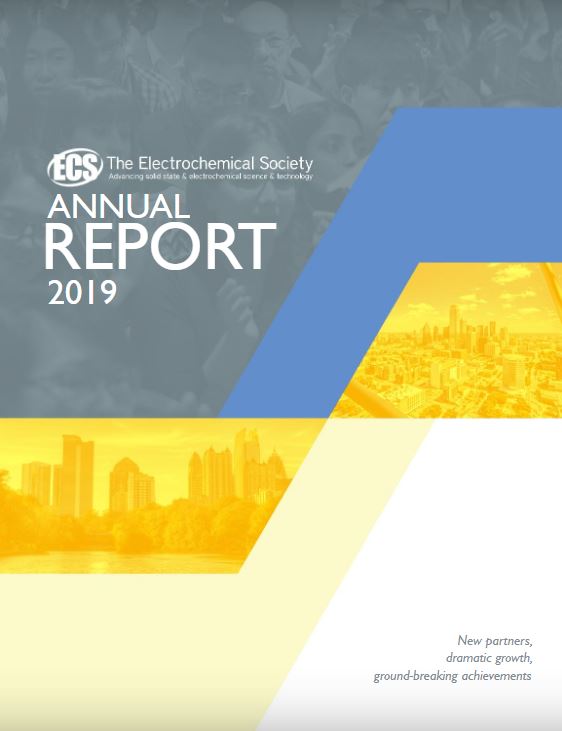
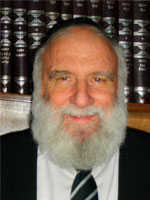


 Join us for the 2020 Annual Society Business Meeting (ASBM) of the Electrochemical Society, taking place on Tuesday, June 30, from 1400-1500h EDT. Due to COVID-19, for the first time in ECS’s history, the ASBM will be hosted virtually. We hope you will be part of this special online event.
Join us for the 2020 Annual Society Business Meeting (ASBM) of the Electrochemical Society, taking place on Tuesday, June 30, from 1400-1500h EDT. Due to COVID-19, for the first time in ECS’s history, the ASBM will be hosted virtually. We hope you will be part of this special online event.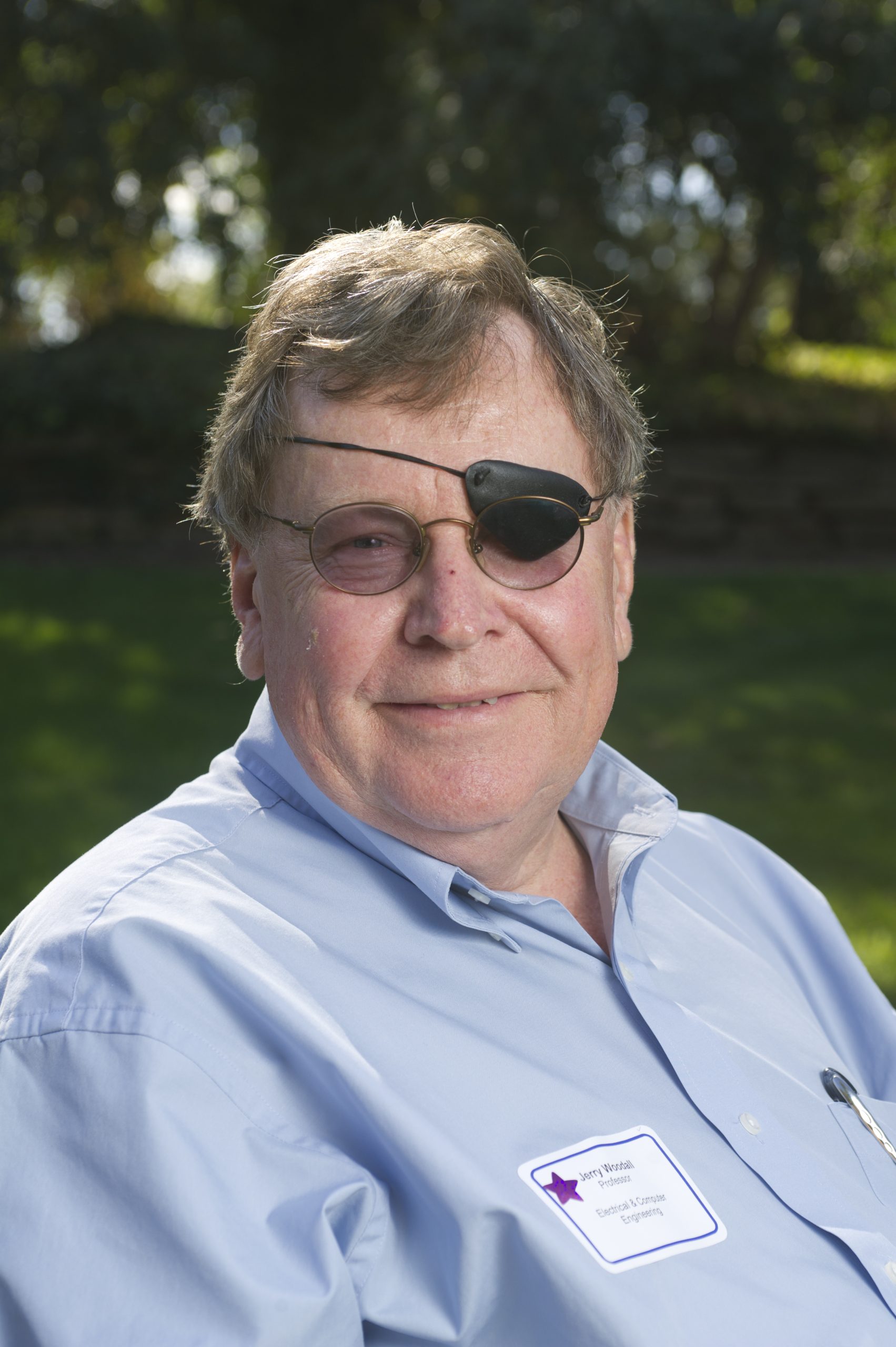 Jerry Woodall on Science and Technology Careers That Matter
Jerry Woodall on Science and Technology Careers That Matter Nominations are now being accepted for the 2020 ECS Georgia Section Outstanding Student Achievement Award for a student pursuing a PhD at a university in Georgia.
Nominations are now being accepted for the 2020 ECS Georgia Section Outstanding Student Achievement Award for a student pursuing a PhD at a university in Georgia.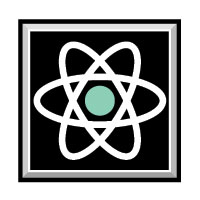
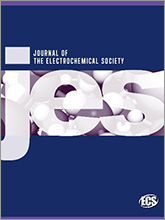 Call for Papers
Call for Papers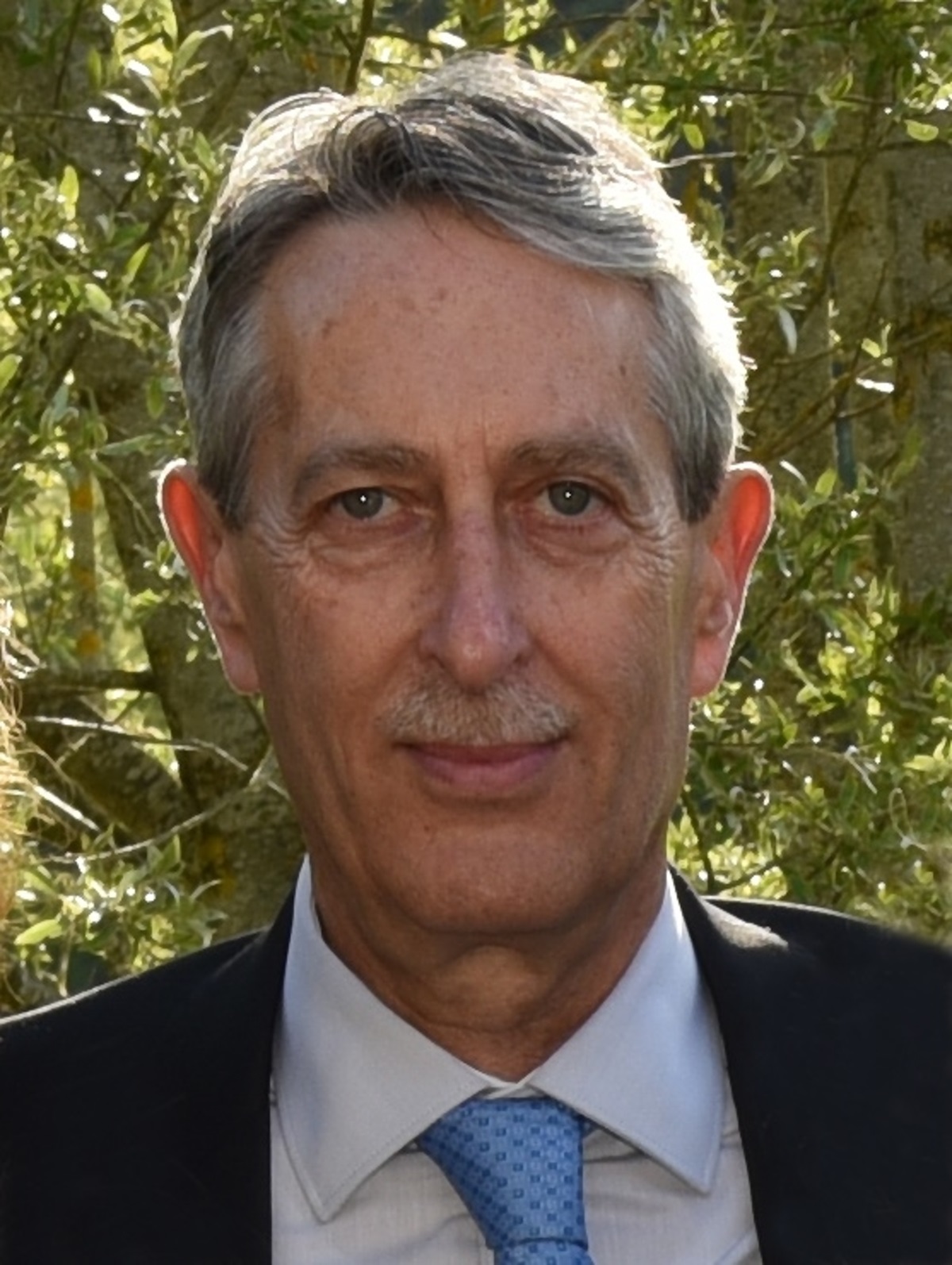 Call for Papers
Call for Papers